The term licensed guide is thrown around a lot in the tourism world. It means very different things in different countries. Here in Ecuador, there are laws that govern what it means to be licensed. Unfortunately, many of these laws are in flux and are often interpreted differently by travel agencies, independent guides, and others working in tourism. In addition, these rules are for the mainland only. The Galapagos Islands has their own specific regulation governing the licensing of tour guides.
Guides Listed With Not Your Average American
While we understand that the Ecuadorian government is attempting to add a level of professionalism to guiding in general, we see a lot of problems with their current system of licensing. For example, recent changes in the law require a local guide to have a high school diploma. In addition, they are required to take a course in tourism, often offered only in the largest of cities. We have met many guides in rural areas who have had zero access to high school education. Most do not have the recourses to obtain any kind of certification, be it money to travel or time to take classes.
While today’s rural school children have improved opportunities, the new laws are a barrier to adults already working in tourism. We think it is unrealistic to expect many experienced guides to obtain licenses under the current law.
That said, we know that there is a place for well-educated, certified guides. For those of you hiring a guide for a nationwide tour that encompasses multiple cities and provinces, it makes sense to hire a nationally-certified guide who has a language in common with yourself. But if all you are looking for is a guide to take you to see the local petroglyphs, then what’s the big deal?
Therefore, here at Not Your Average American, we ask our guides if they have a license in Ecuador, but we do not prevent non-licensed guides from working with us. If you are interested in a guide recommendation, please contact us for our list.
The Three Legal Definitions of Guide in Ecuador
To be a licensed guide, Ecuadorian citizens or residents must meet the criteria of one of these three designations: Local Guide (Guía Local), National Tourism Guide (Guía Nacional de Turismo), and Specialized Guide (Guía Nacional Especializado). If they comply, then they pay a small fee and receive a credential that is good for four years.
Here is a quick run down of what it means to be a Local, National, or Specialized Guide. The following information comes from the Ecuadorian Ministry of Tourism Website.
Local Guide
A local guide must have a high school diploma (título de bachiller) from a recognized school.
Furthermore, they must have been residents for no less than three years of the local area where they plan to work. This is a new requirement as of 2016. Previously, having a certificate through 8th grade was sufficient.
If a person is a member of a community, town, or nation that is part of a protected area, like a national park or wildlife reserve, and wants to work as a local guide, they must also provide a sworn statement from the local governing authority that they are a member of said community. The term nation in Ecuador refers to many different indigenous tribes that have nation status within the country.
Local guides must provide a certificate that they have completed a course in how to be a tour guide. This is a fairly new requirement and courses are not readily available in all parts of Ecuador. After providing proof of these items, the applicant must pay a small fee and provide a photo. In return, they will receive a carnet, or identification card, that grants them the license to work as a local tour guide.
National Guide
A National Guide must have earned a professional degree in tourism or similar degree by a university or other institute of education recognized by the Ecuadorian government. In some cases, a person with a professional degree that is not in tourism can apply to work in tourism while not actually obtaining national certification. This likely refers to career paths like biologists, botanists, historians, archeologists, etc. whose advanced education gives them special knowledge but did not offer training in tourism.
Furthermore, National Guides must prove the ability to speak a foreign language listed by CEFR at an intermediate level and to have a minimum of 30 hours of first aid training.
After providing proof of these items, the applicant must pay a small fee and provide a photo. In return, they will receive a carnet, or identification card, that grants them the license to work as a National Guide.
Specialized Guide
A Specialized Guide must be able to meet the guidelines of a National Guide.
Heritage Tourism or Adventure Tourism Guides must present certification of courses in their area of specialty. Some adventure tourism guides are required to submit further documentation.
All specialized guides must submit a certification of 30 academic hours in backcountry first aid.
After providing proof of these items, the applicant must pay a small fee and provide a photo. In return, they will receive a carnet, or identification card, that grants them the license to work as a Specialized Guide.
More Information About Guide Laws in Ecuador
While all of these requirements sound fairly simple, laws like this adversely affect many of the communities that can most benefit from a vibrant sustainable tourism industry. These communities are usually far removed from big cities, often not even approachable by car.
Furthermore, having a blanket licensing law that expects all tour guides to study the same material is senseless. For example, a birding guide has no need to understand the history of the Inca in Ecuador. And a heritage tour guide has few reasons to be certified in backcountry first aid.
To complicate matters, some National Parks in Ecuador require that legally registered guides also comply with their own certification process. For example, to enter Cotopaxi National Park on a group tour, the agency must hire a guide with specialized training for that specific park. These laws are not consistent throughout Ecuador but if you arrive at a national park with a large group and no certified guide, plan to hire one on the spot at these three parks: Cotopaxi, Chimborazo, and Cajas. Small groups generally are not asked about guide certifications.
Looking for a Good Tour Guide?
We ask the guides we work with to self-identify as licensed. If licensed, we ask for a copy of their carnet (certification).
Guides also provide other information to include any languages they speak, their areas of expertise like birding, kayaking, or mountaineering, and their university level degrees or other education that applies to their field of tourism. We have some unlicensed guides with degrees in biology who make great companions for cloud forest hikes and we have licensed guides who are great generalists but are not great for a specialized trip.
Contact us and we’ll help you find a guide who is a good fit for your trip. We’ll provide you their email and WhatsApp. We recommend that you ask lots of questions. Also, feel free to request testimonials. Any guide worth hiring will have at least a couple of customers willing to say a good word.
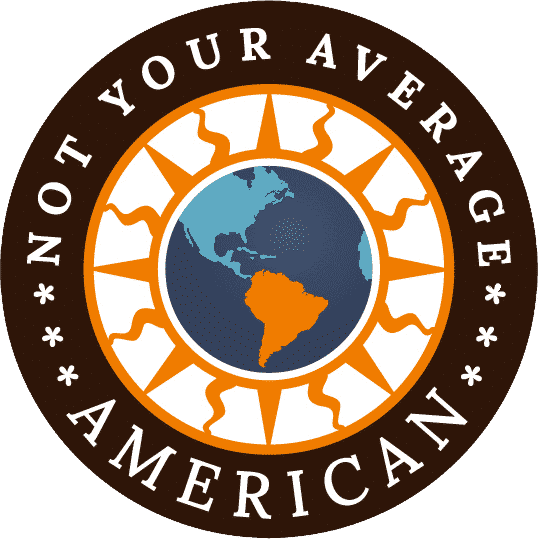
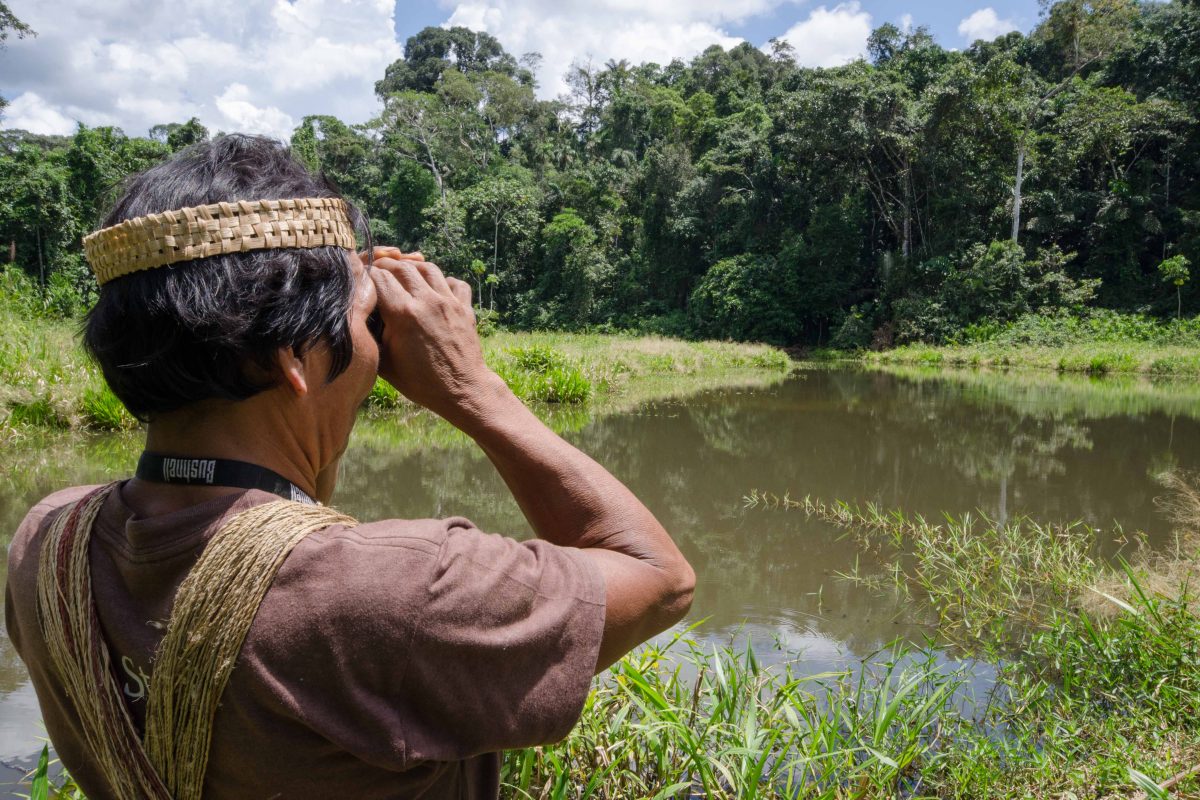
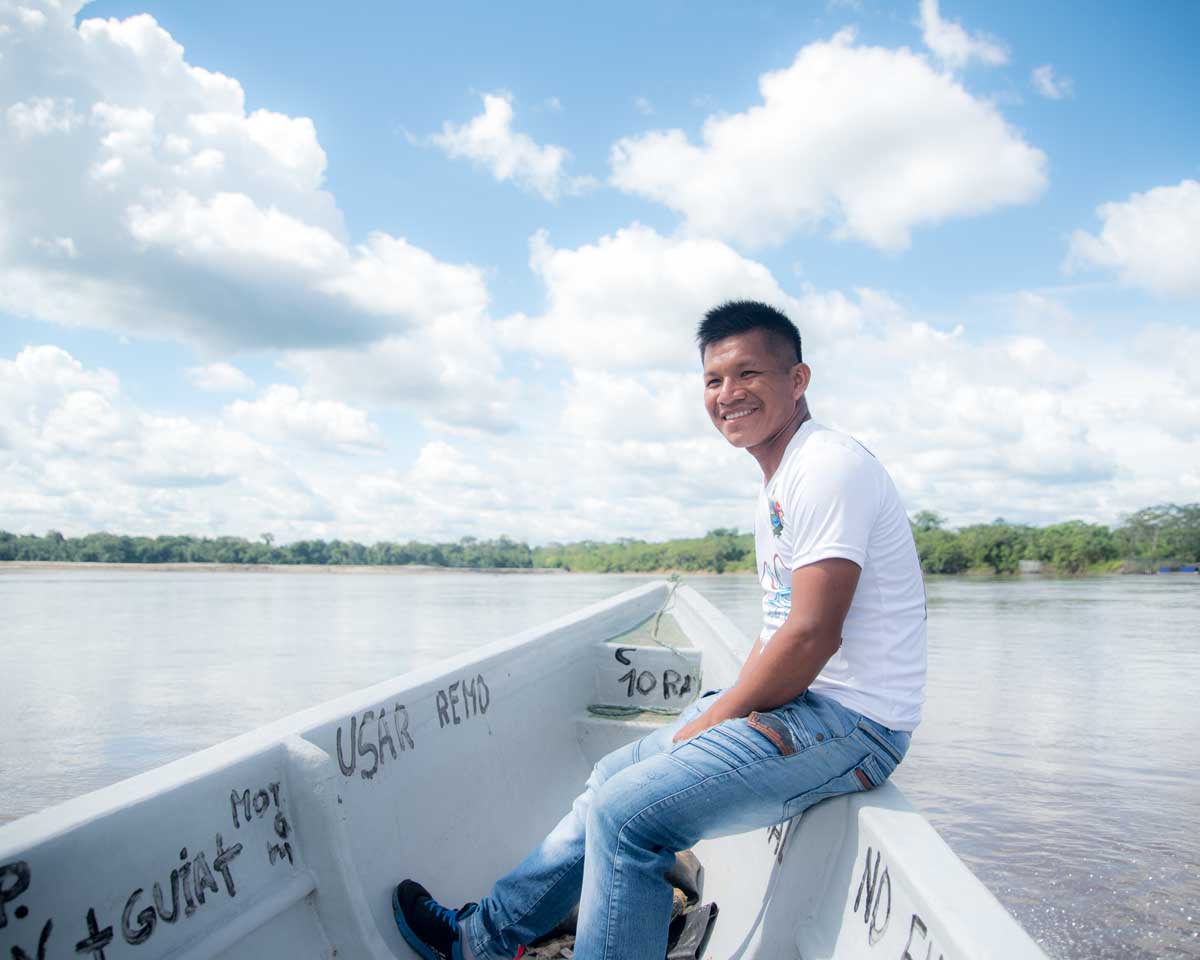
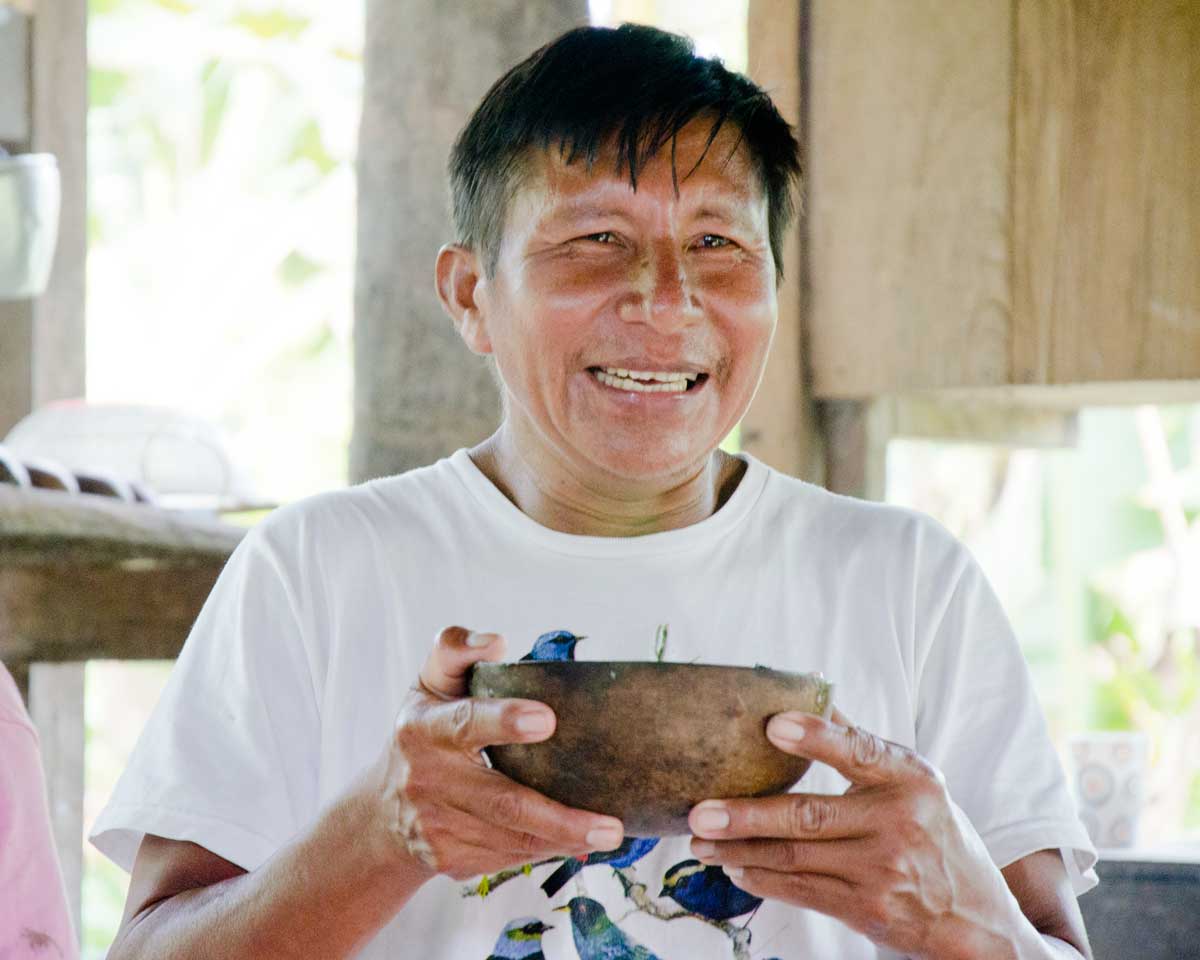
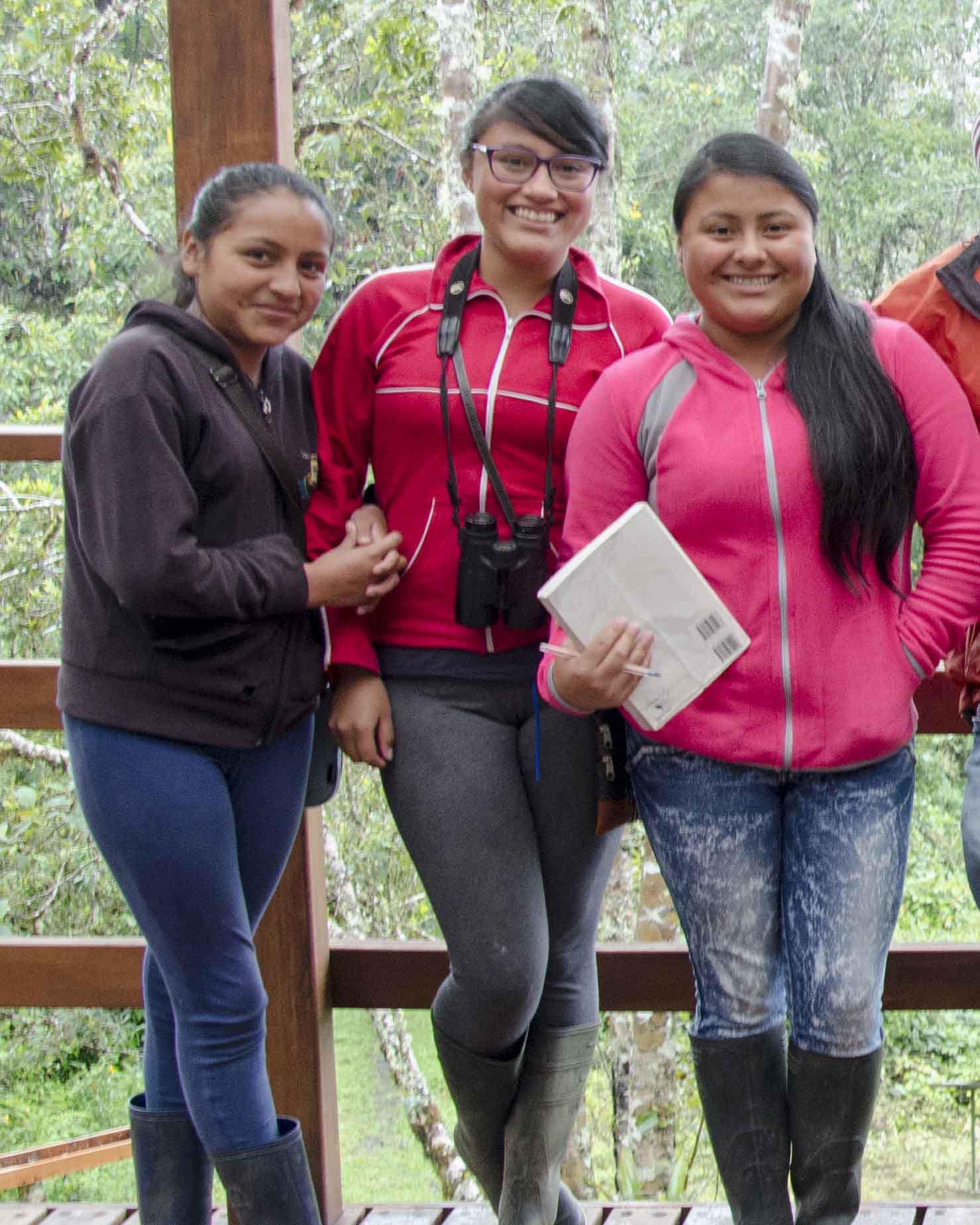
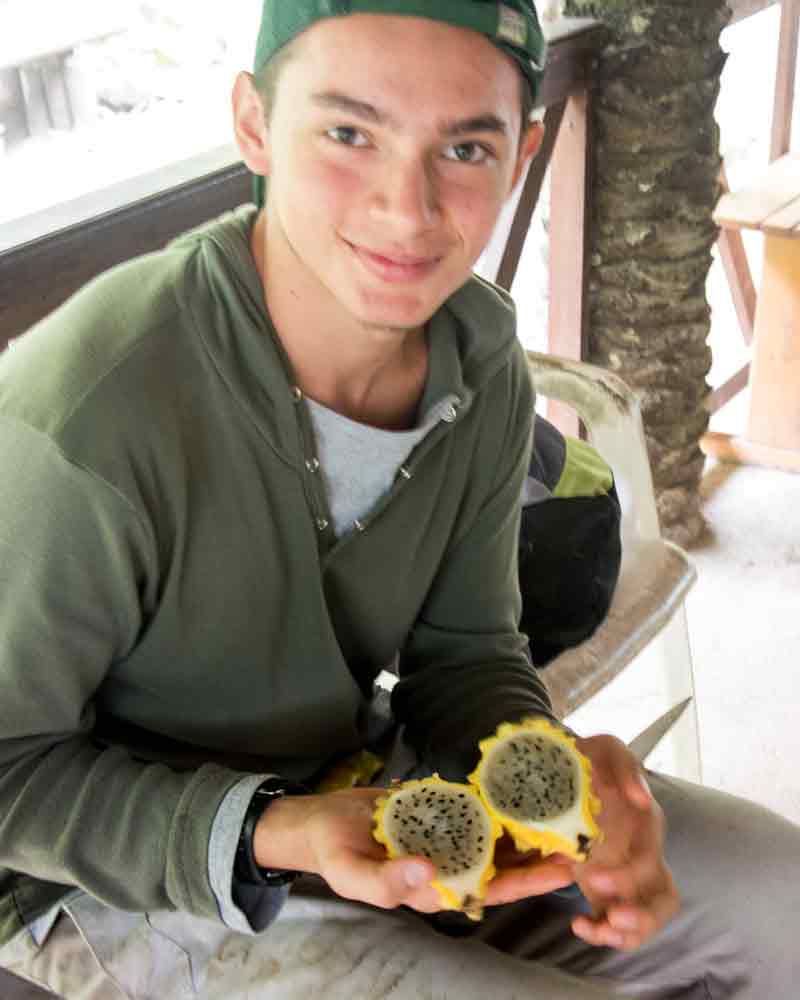
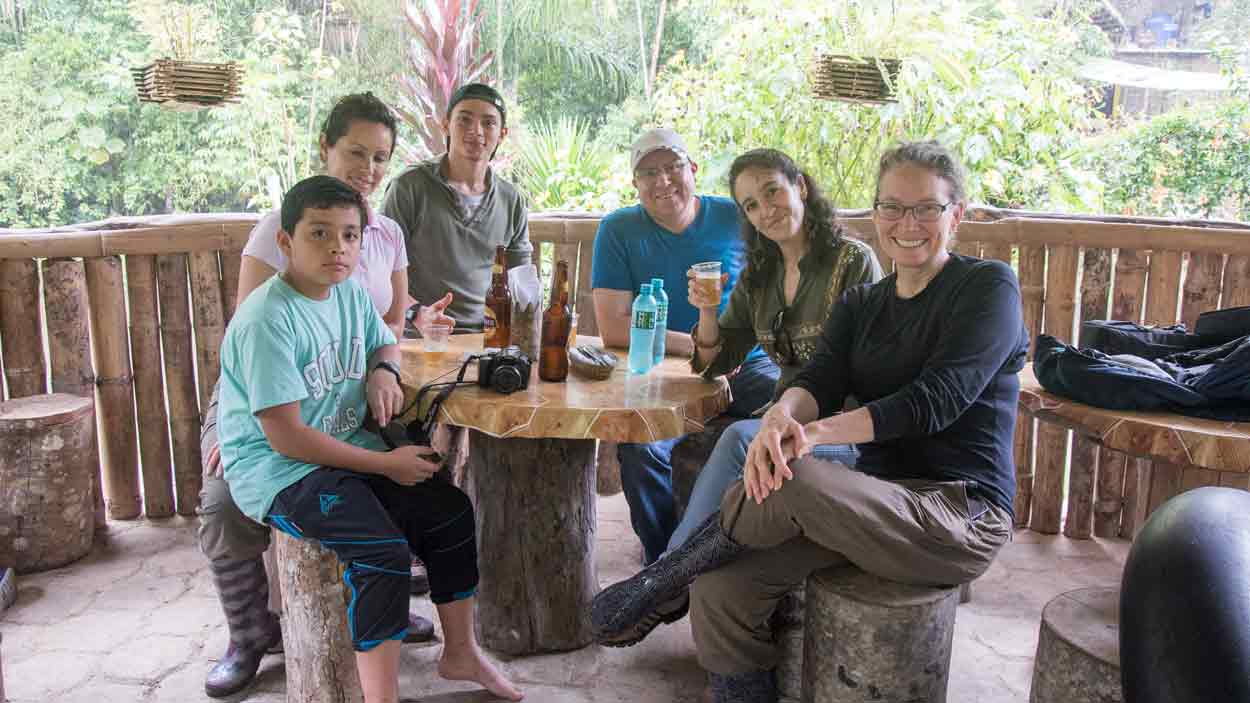
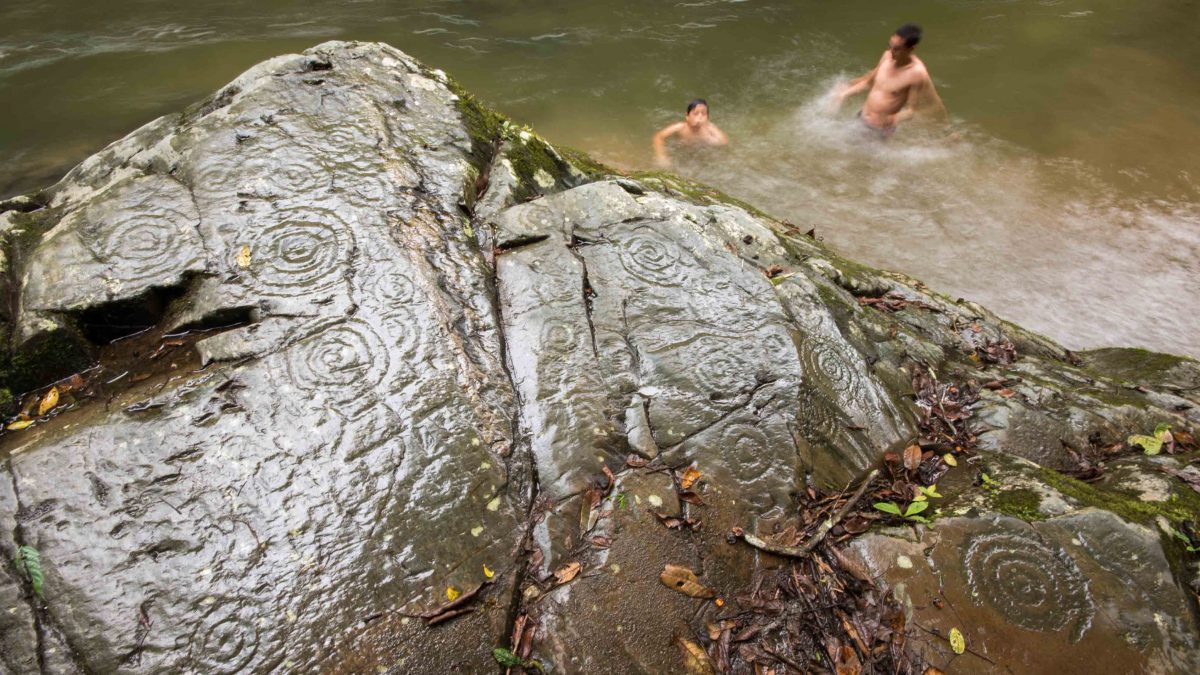

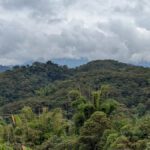

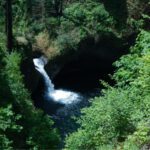
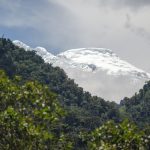
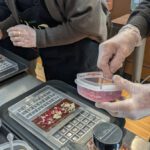

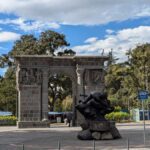



0 comentarios